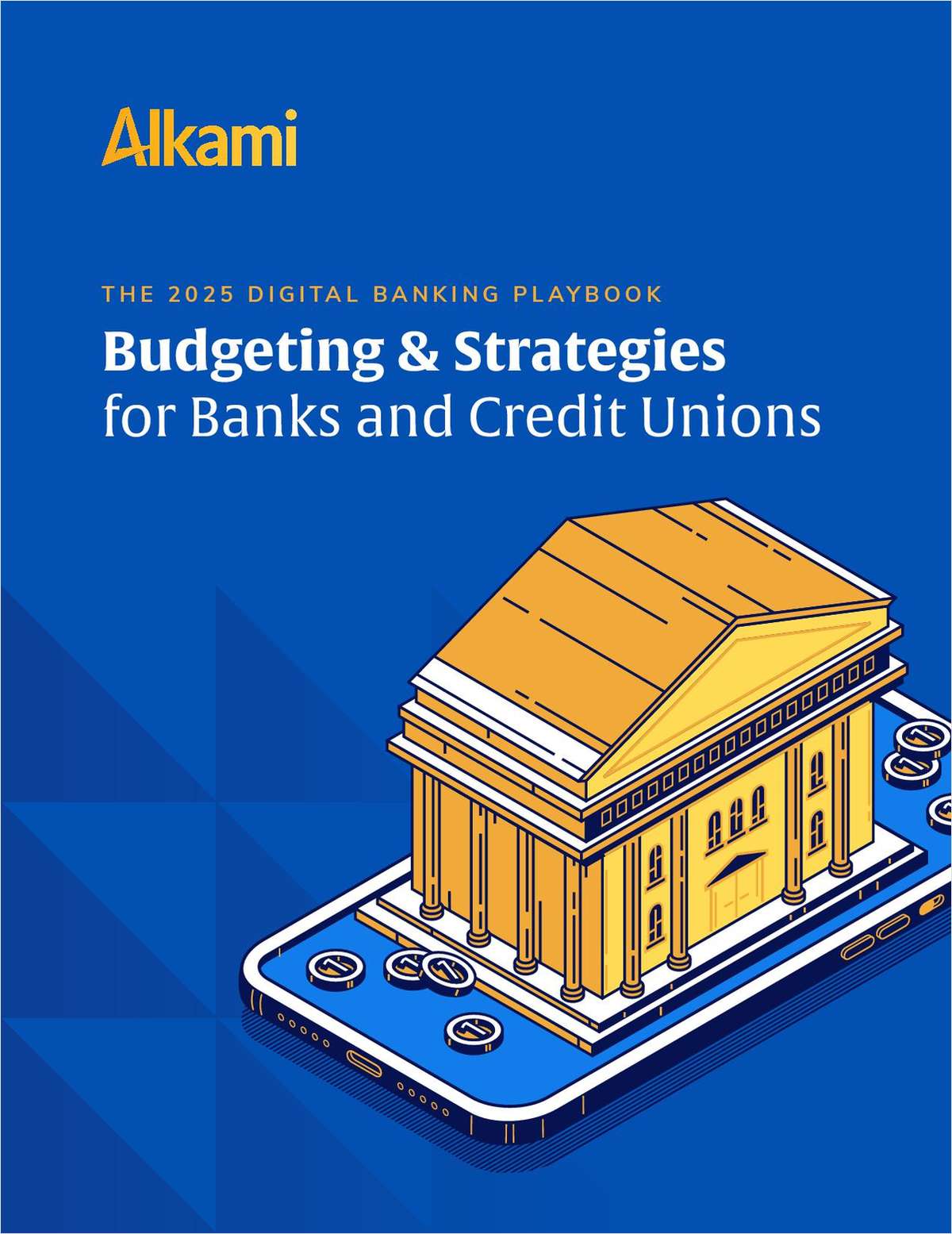The Financial Accounting Standards Board announced Wednesday that credit unions will have an extra year to implement soon-to-be-revealed rules regarding credit losses.
The standards setter originally proposed its Current Expected Credit Loss rules take effect for fiscal years beginning after Dec. 15, 2019 for credit unions and other nonpublic business organizations. However, the rules will now take effect for annual periods beginning after Dec. 15, 2020, and interim periods within fiscal years beginning after Dec. 15, 2021. For public companies that file with the Securities and Exchange Commission, the rules will be effective for fiscal years beginning after Dec. 15, 2019. All entities can adopt the rules for fiscal years beginning after Dec. 15, 2018.
The FASB also said Wednesday that its board voted to provide what it called “practical and transitional relief” for certain organizations disclosing vintages.
The date shift is a win for NAFCU, which asked the FASB back in February to delay the standard's implementation date in light of the delay in finalization, which is now expected to be next month.
“NAFCU and our members appreciate [the] FASB implementing our recommendation to extend the implementation date of CECL and making some disclosure requirements optional for credit unions,” NAFCU President/CEO Dan Berger said. “However, we continue to believe that an updated exposure draft on the credit losses accounting standard should be issued for public comment prior to finalization.”
The CECL rules incorporate a methodology that could fundamentally change how credit unions, banks and other financial institutions calculate their loan loss reserves and even alter day to day operations for credit departments. The new methodology encourages financial institutions to, among other things, take a forward-looking approach to loans and recognize possible credit losses earlier. CECL would apply to most debt instruments, trade receivables, lease receivables, reinsurance receivables that result from insurance transactions, financial guarantee contracts and loan commitments.
Once the final standard is issued, stakeholders will be able to submit potential implementation issues for discussion by the FASB's Transition Resource Group. The FASB will evaluate each submission and prioritize the issues for discussion at public Transition Resource Group meetings, it said.
The FASB has received more than 3,360 comment letters on its 2010 and 2012 exposure drafts of the CECL rules, it said Wednesday. It also said it has participated in more than 95 meetings with financial statement preparers, hosted eight public roundtables, hosted 15 preparer workshops and met with more than 200 users of financial statements.
Complete your profile to continue reading and get FREE access to CUTimes.com, part of your ALM digital membership.
Your access to unlimited CUTimes.com content isn’t changing.
Once you are an ALM digital member, you’ll receive:
- Breaking credit union news and analysis, on-site and via our newsletters and custom alerts
- Weekly Shared Accounts podcast featuring exclusive interviews with industry leaders
- Educational webcasts, white papers, and ebooks from industry thought leaders
- Critical coverage of the commercial real estate and financial advisory markets on our other ALM sites, GlobeSt.com and ThinkAdvisor.com
Already have an account? Sign In Now
© 2025 ALM Global, LLC, All Rights Reserved. Request academic re-use from www.copyright.com. All other uses, submit a request to [email protected]. For more information visit Asset & Logo Licensing.









